Latest News
CALL FOR COMMENTS
2022-01-24
The Commission is currently working on a paper titled “Event Cancellation and Refunds in the wake of the Covid-19 Pandemic”. This paper seeks to provide guidance to consumers and enterprises on how to proceed with regards to Covid-19 induced event cancellations. In view of the above, the Commission seeks your comments/input on the same. Therefore, kindly find attached the said paper for your attention . http://www.ccpc.org.zm/media/guide/Event-Cancellation-And-Refunds-In-The-Wake-Of-The-Covid-19-Pandemic.pdf
Submissions can be e-mailed to zcomp@ccpc.org.zm or mailed to-
Director Consumer Protection
Competition and Consumer Protection Commission
Fourth Floor, Lusaka Main Post Office
P.O. Box 34919
Lusaka
Close of submissions is on 12th February 2022
The Commission
TENDER FOR THE PROVISION OF INSURANCE SERVICES TO THE COMPETITION AND CONSUMER PROTECTION COMMISSION (CCPC) ON A THREE-YEAR RUNNING CONTRACT (2022 – 2025)
2022-01-06
The Competition and Consumer Protection Commission (CCPC) has set aside funds in its 2022 budget for insurance services and intends to apply part of the proceeds to cover eligible payments under the contract for the provision of insurance services.
CCPC now invites Bids from eligible bidders for the provision of Insurance Services on a three-year running contract from 1st April 2022 to 31st March 2025 for the following:
|
Sn. |
Description |
Lot No. |
|
1. |
Provision of Group Life Assurance |
1 |
|
2. |
Provision of Group Personal Accident Insurance |
2 |
|
3. |
Provision of Comprehensive Motor Vehicle Insurance |
3 |
|
4. |
Provision of Insurance for Office Buildings |
4 |
|
5. |
Provision of All Risks Insurance |
5 |
The tender has been packaged in five (5) Lots and Bidders are allowed to bid for one or more lots provided they are eligible and meet the required qualifications stated in the Tender Document.
Bidding will be conducted using the Open National Bidding (ONB) procedures specified in the Public Procurement Act No.8 of 2020 and the Public Procurement Regulations of 2011 and is open to all Bidders eligible and meet the qualification criteria indicated in this Standard Bidding Document.
A complete set of the bidding document may be obtained by interested bidders upon payment of a non-refundable fee of K500.00 or its equivalent from the Procurement unit at the Competition and Consumer Protection Commission, 4th Floor Main Post Office, P.O Box 34919 Lusaka. The telephone Numbers are + 260 211 222787, Fax + 260 211 222789. HOWEVER, TELEFAX OFFERS WILL NOT BE ACCEPTED.
The bids should be appropriately bound, sealed and clearly marked TENDER FOR THE PROVISION OF INSURANCE SERVICES, Quoting the appropriate title of each LOT and must be deposited in the tender box situated at the CCPC Head Office, 4th Floor, Main Post Office Cairo Road, Lusaka on or before Friday, 28th January 2022 at 10:30 hours local time. LATE BIDS SHALL NOT BE ACCEPTED.
Secretary – Procurement Committee
For/ Executive Director
Competition and Consumer Protection Commission
Procurement Committee
Caution to Schools Directing or Forcing Parents or Guardians to Purchase School Items from Selected Suppliers.
2022-01-06
The Competition and Consumer Protection Commission (CCPC) has noted with concern the growing tendency of some schools who are in the habit of directing or forcing parents or guardians to purchase school uniforms and books among others strictly from selected suppliers or their schools.In light of this, schools are urged to only provide a general standard of the school items required without limiting where the parents/guardians should purchase them from. This conduct is anti-competitive as it distorts the competition landscape among the players in the provision of such items and is detrimental to consumer welfare as it deprives consumers of their choices.
CCPC therefore reiterates the fact that parents and guardians should be allowed to purchase school items such as uniforms and books among others from any source of their preference and should not be directed or forced to purchase items from a single source as long as such items are fit for purpose.
Further, CCPC would like to caution all schools that are involved in this practice that it will not hesitate to impose appropriate penalties on any schoolwhich violates the provisions of the Competition and Consumer Protection Act (CCPA) No.24 of 2010.
Mrs Namukolo Kasumpa
Black Friday Caution to Consumers
2021-11-23
The Competition and Consumer Protection Commission (CCPC) wishes to advise the general public to take caution during the Black Friday event which falls on 26th November,2021.The CCPC is aware that during this activity many businesses offer huge price discounts to consumers ranging from 25% to as high as 75%, while some firms are in a habit of hiking prices of their products and purporting discount bargains when in fact not.
In this light, the CCPC wishes to caution all consumers participating in this year’s Black Friday event to be alert of false or misleading sales promotions initiated to attract unsuspecting consumers to buying goods or services through an illusion of a special or reduced price.
CCPC is further advising consumers to consider conducting personal research on the products they intend to purchase by cross checking prices of items on promotion and make reference to older pricing in order to make an informed decision.
Consumers are further encouraged to request for receipts from their respective service providers as proof of purchase and lookout for return policies to be sure that the store will not charge them a restocking fee for any item which they may wish to return.
In addition, consumers are urged to keep documentations such as receipts, warranty and guarantee safe as that is useful to the Commission for initiation of investigations especially in an event where a consumer is denied redress.
The CCPC takes this opportunity to warn the traders not to involve themselves in deceptive and misleading sales promotions as that is prohibited under the Competition and Consumer Protection Act (CCPA) No.24 of 2010. Therefore, we will not hesitate to name and shame where anomalies are observed.

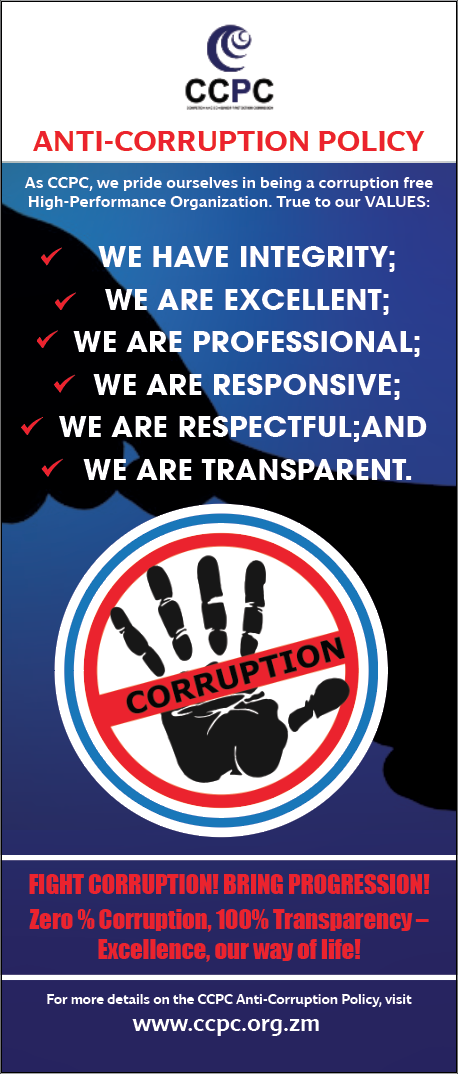
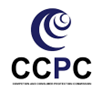
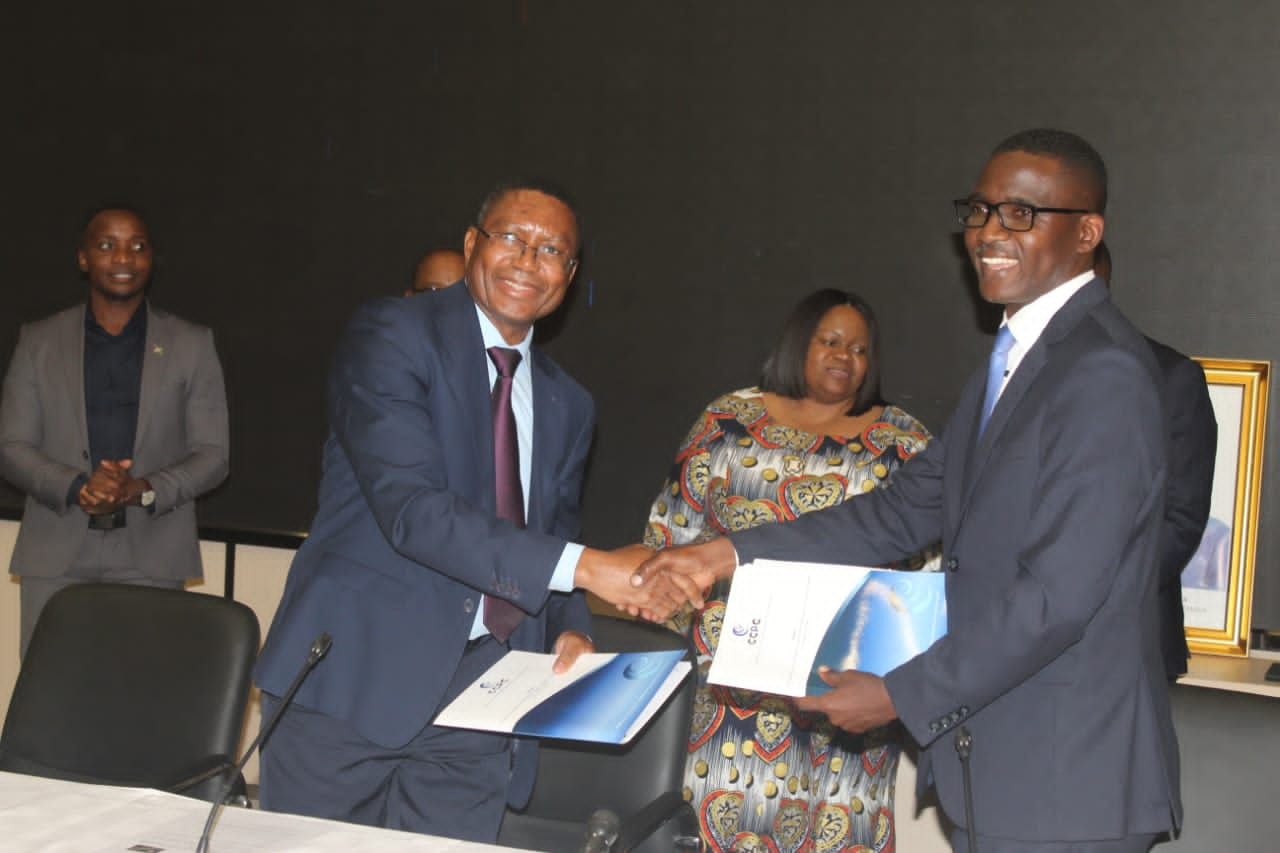

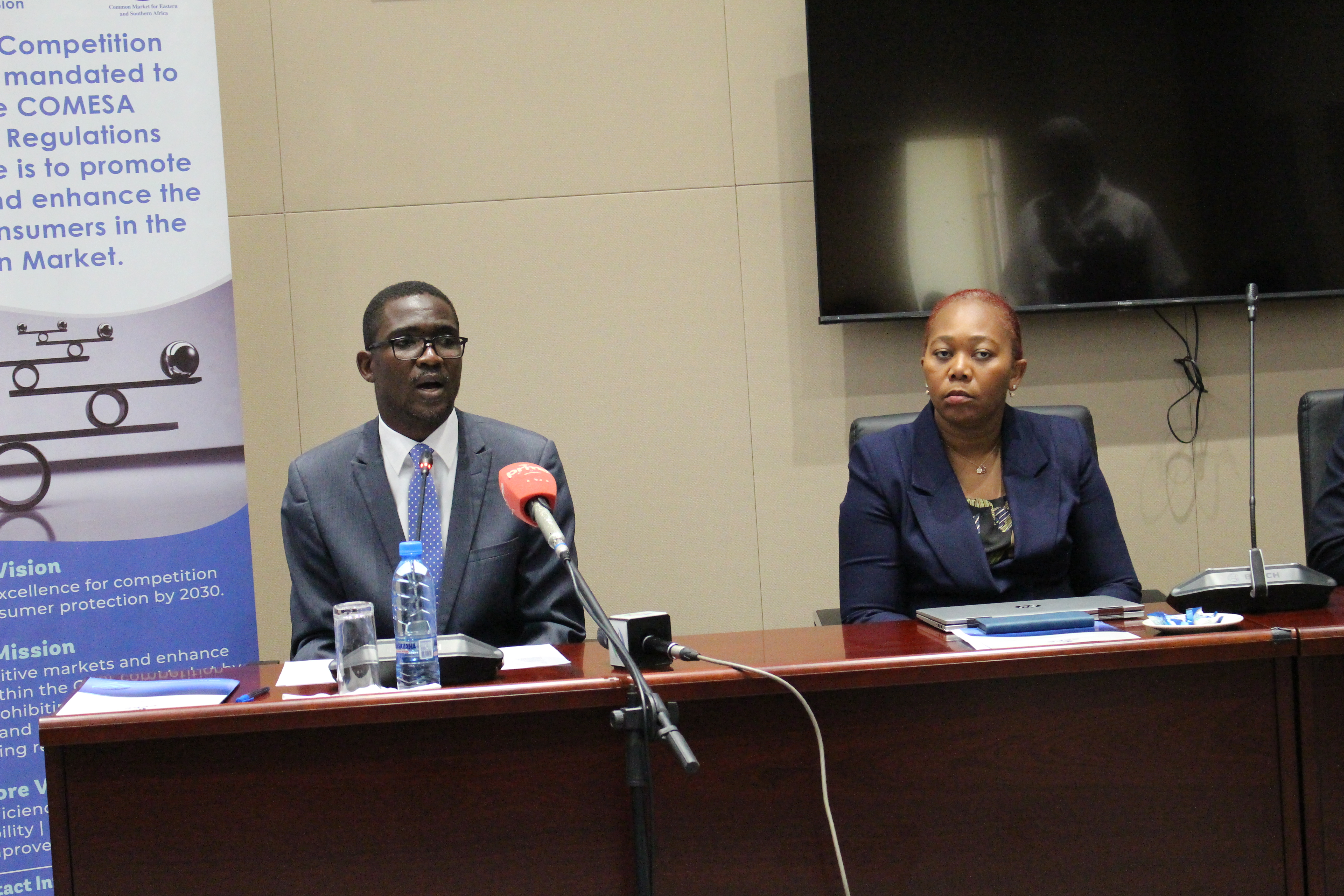
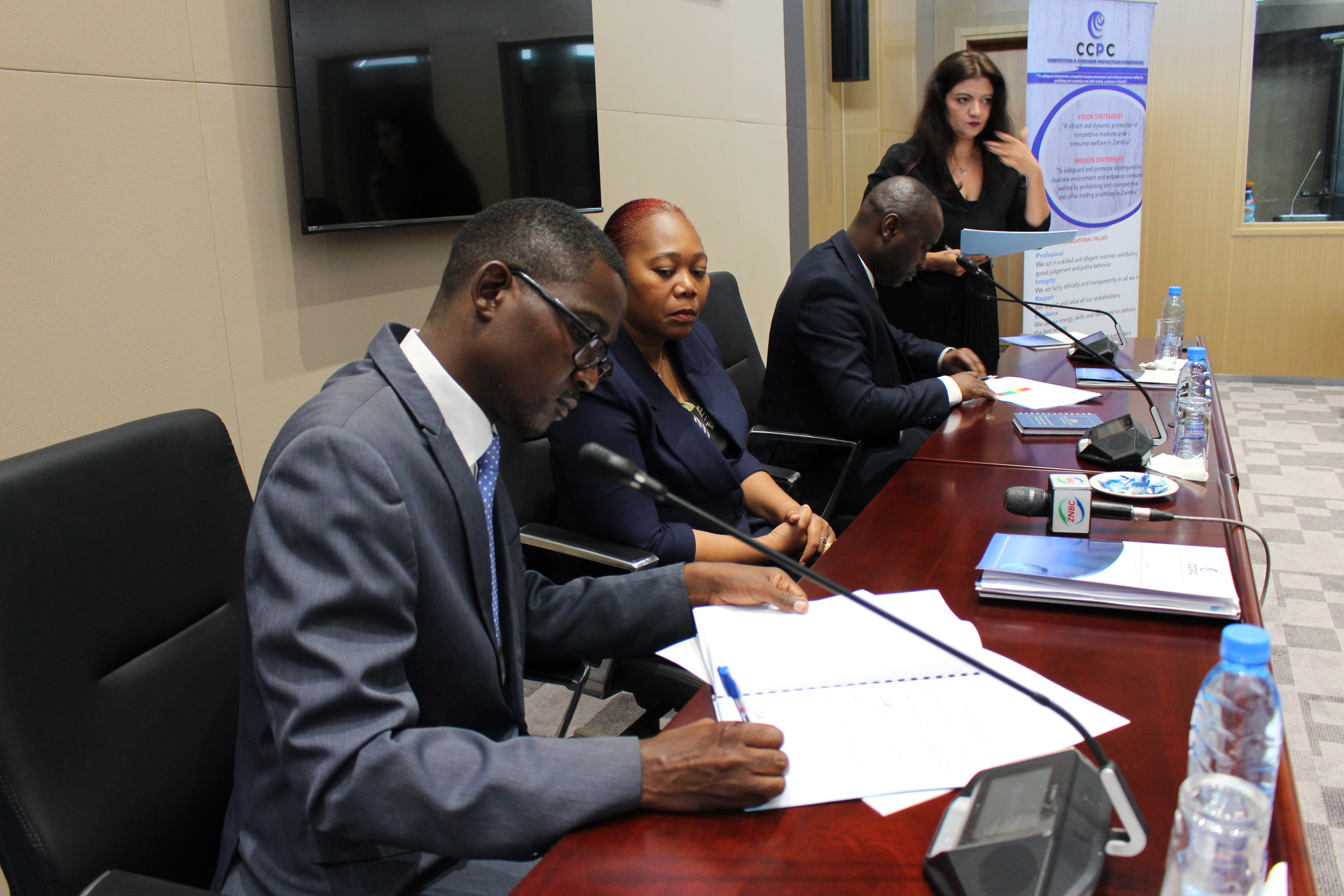
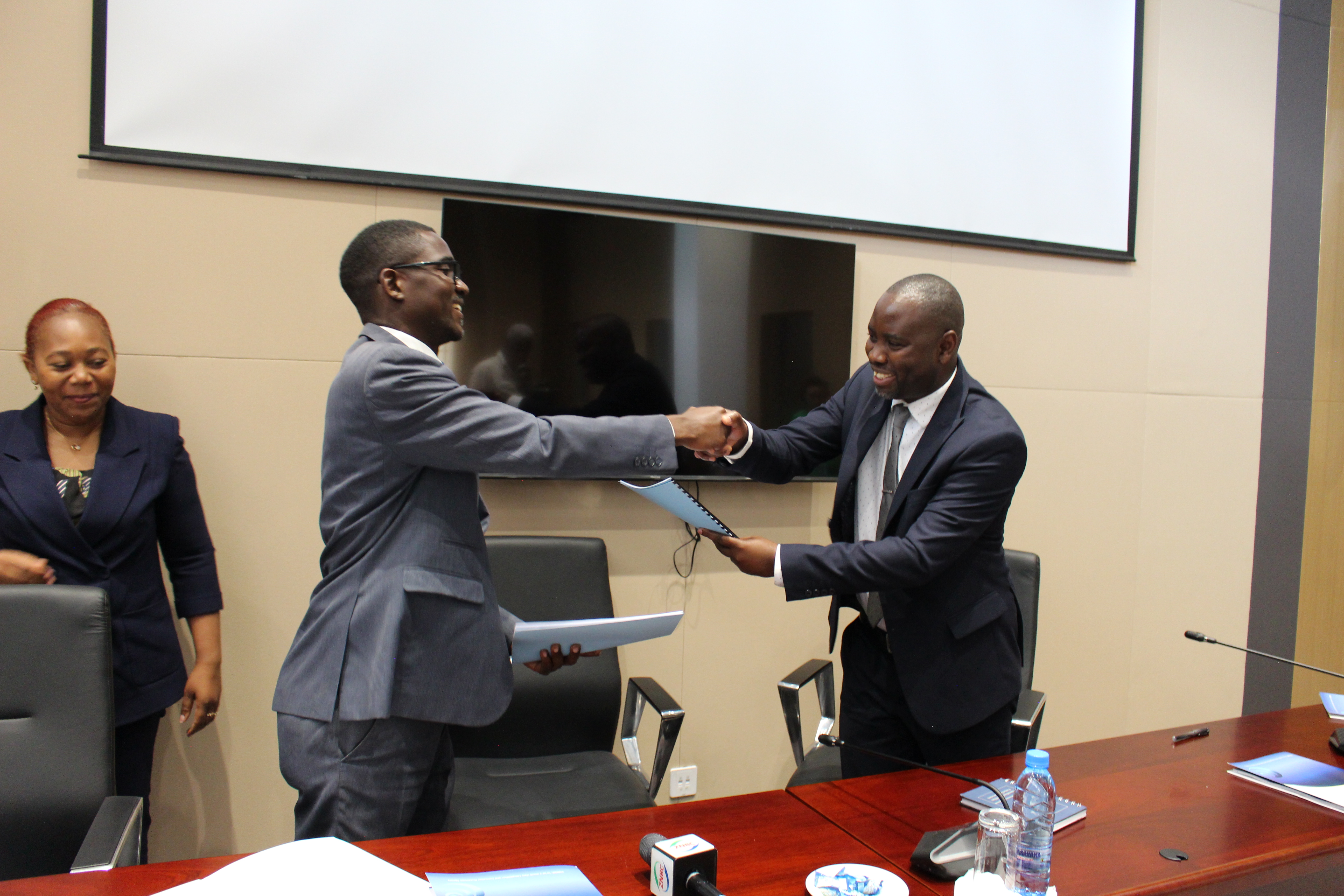
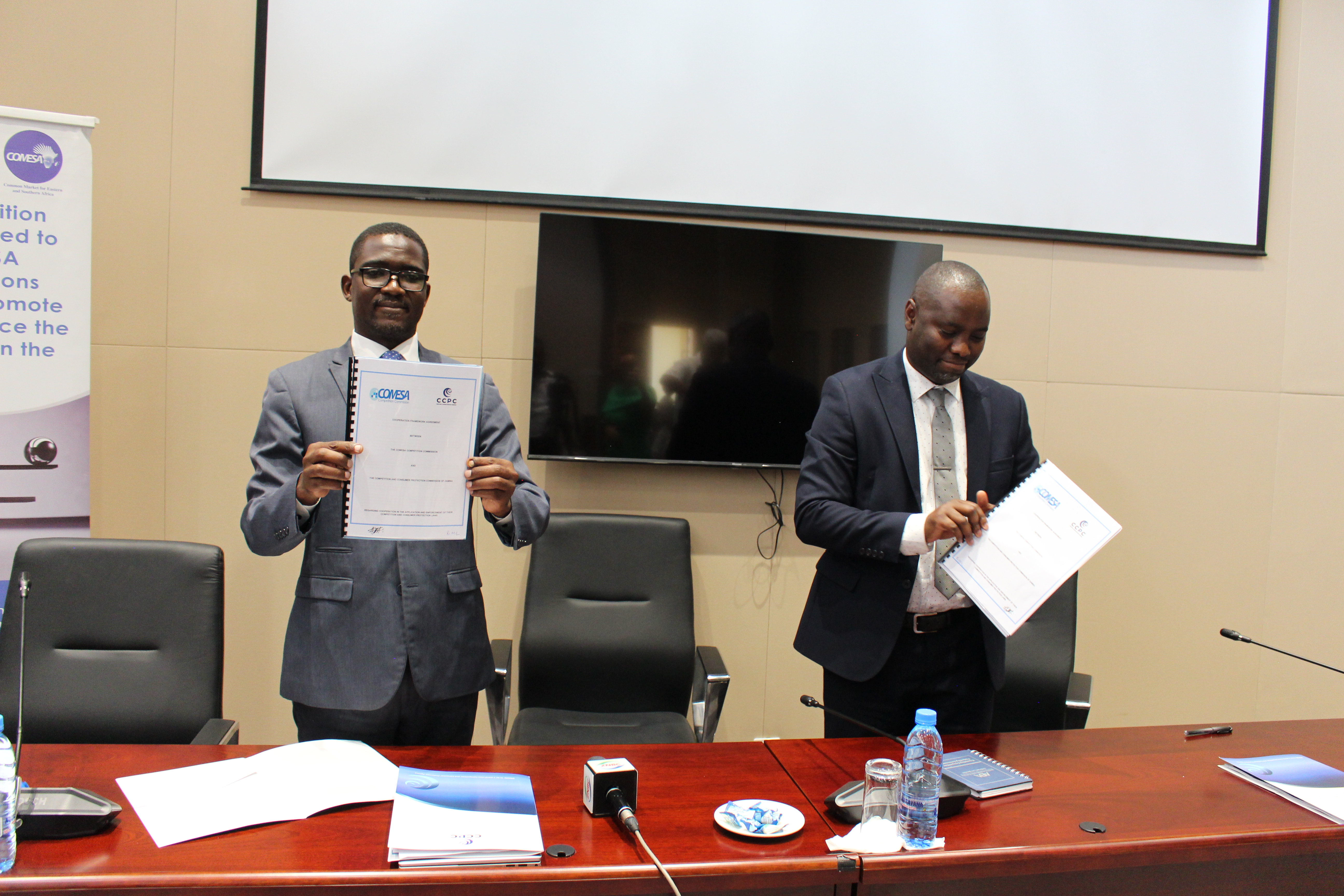
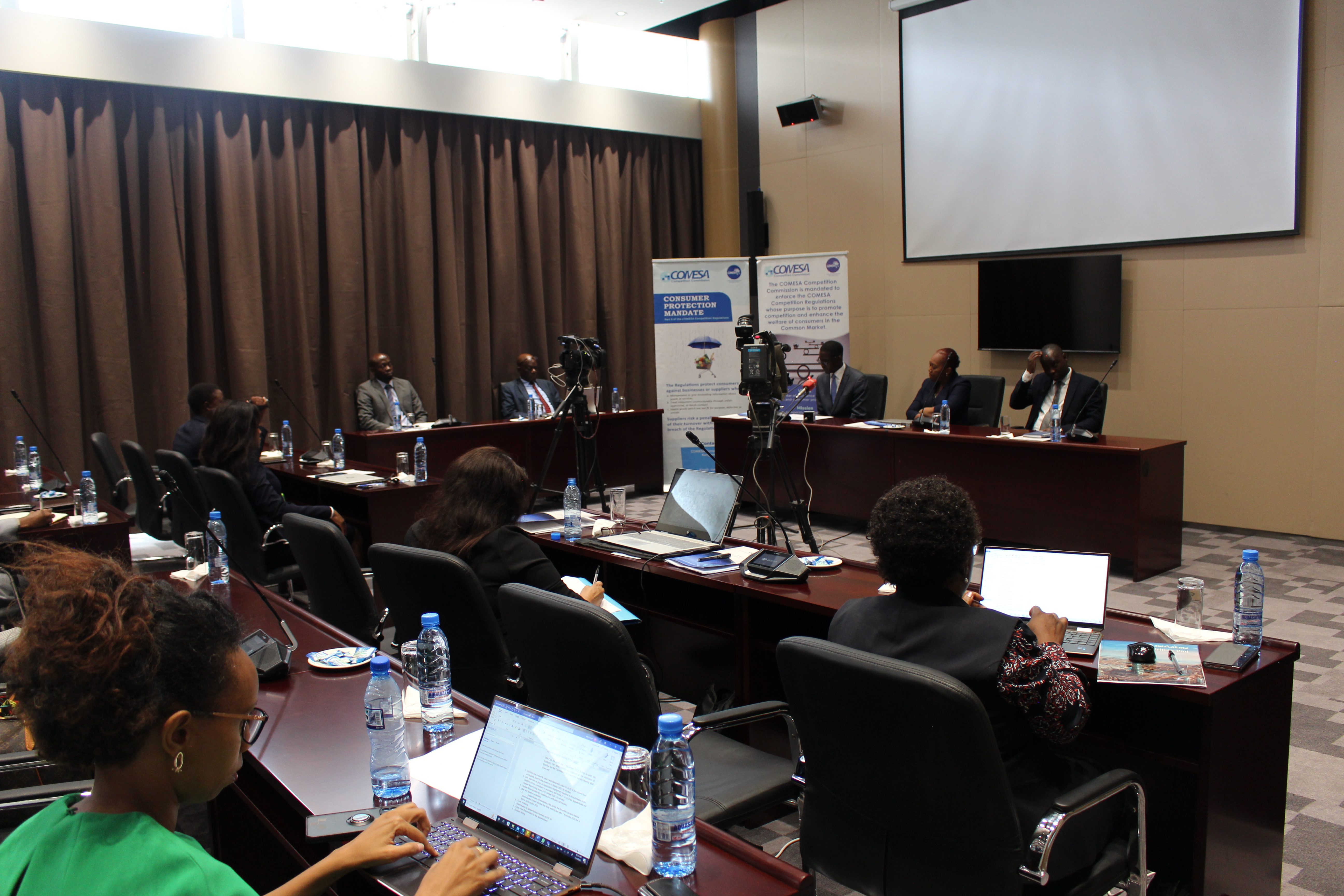
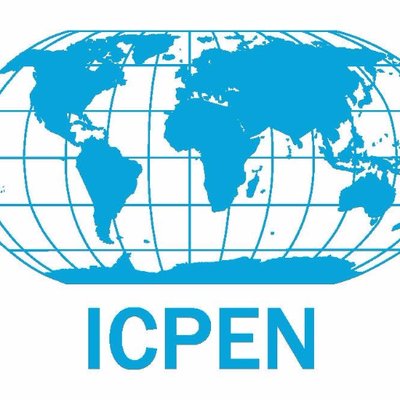 International Consumer Protection
International Consumer Protection